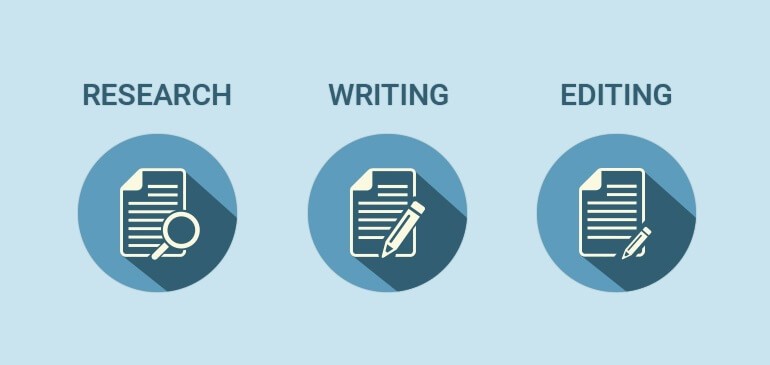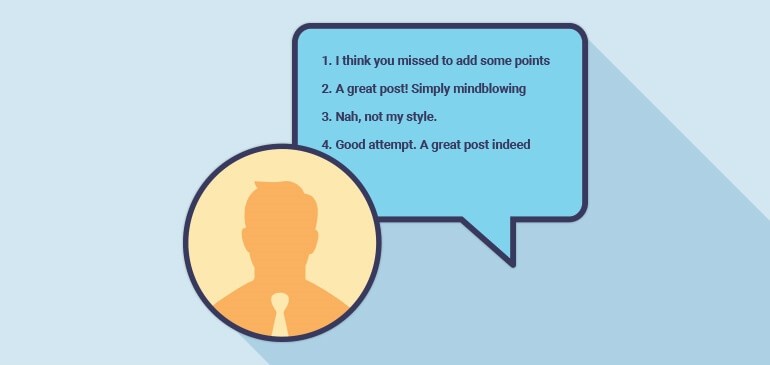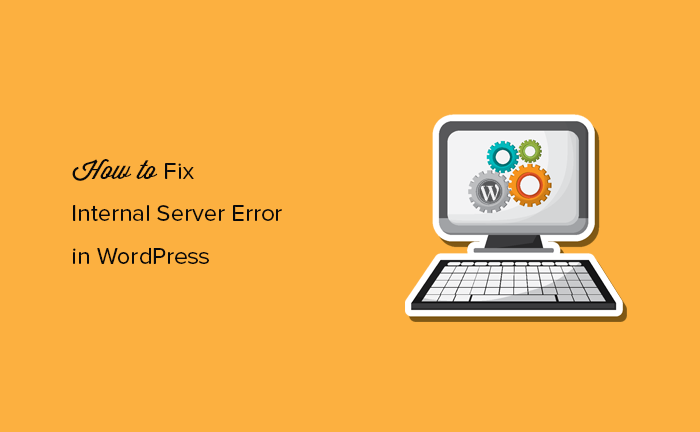How to better writing and blogging for your website. Every writer who writes for the online world eventually hits that point where they want to know how to take their blogging abilities to the next level.
There are quite a few articles out there on this topic and many of them go into exhaustive detail on a few ways about how to do just that.
Don’t get me wrong, these posts can be majorly helpful, but the truth is that becoming a better writer and blogger comes down to just having the drive to succeed.
All the tips and tricks you learn will mean nothing if you don’t have that fire under your butt that propels you forward. If you’ve got a bit of moxie, then good for you!
Now on to the good stuff.
Here is a list of some quick tips in no particular order of importance which you can glean from in order to help you become a better writer and blogger.
May the blogging force be with you.
14 Quick Tips for Becoming a Better Blogger
1. Write every day

Practice makes the man perfect, as they say. I can tell you from personal experience that writing every day will do wonders for you.
Not only does writing every day help you to improve your typing speed, but it helps you to continually be in a writing mindset.
Many people struggle to get into the mindset needed to jump in and write something, but writing every day makes it easier to slip into that mindset and mentally “suit-up”, as Barney Stinson would say.
It doesn’t matter what you write, but writing something that you personally enjoy will help you keep a bit of joy in your writing which is also helpful.
2 Don’t obsess over creating viral content

Every blogger wants to create a golden piece of content that goes viral and brings in hordes of traffic to their blog.
When you hear about those bloggers who managed to write post after post that brings them hundreds of thousands of unique views, it’s easy to obsess over creating this type of content every time you sit down to write something.
Our advice to you: don’t obsess.
Viral content is something that is easy to fascinate over but focusing on creating only that type of content can actually prevent you from creating the content that your viewers really enjoy.
I’m not saying don’t try and write a viral type post, but don’t make it your only goal. Focus on crafting useful, informative, unique content and you may find that you had your golden egg with you all along.
3. Do your research, writing and editing separately

It’s easy to think that you can or should research, write and then edit your articles in one fluid method but, generally speaking, this is a bad idea.
True each of these points is all part of the same process of crafting your article, but don’t do them all in a solid chunk can actually bring down your productivity.
Neil Patel’s infographic, found here, shows that depending on the type of person you are, your brain can better handle doing various tasks during different parts of the day.
Here are some tips to find a good flow to doing all three in a way that helps you stay productive:
- Research your posts you want to write the day before you write them and summarize the information in a notebook or Word Doc to use as a reference for later
- Find your best time for you to write (typically best for in the mornings) and write as much as you can within that time frame
- Find the best time for you to edit (usually later in the day is best and) your work. don’t do this back to back with your writing something. Step away from writing for a bit and then come back with the mindset to fix your work and not create it. (I like to do my editing the next day so that I don’t feel rushed into finishing it.)
4. Plan your content first, then write it

This was touched on in the point above, but it deserves being mentioned as its own point.
It’s pretty difficult to just sit down at the computer, come up with an idea for your post and then write something that is useful without planning a bit of what you want to say beforehand.
Creating a sort of rough outline of how you want your post to flow before you even start writing it will help you write it faster when the time comes for it.
5. Editing and Proofreading are different so do them separately

Proofreading is part of editing, but it’s not the same as fixing your text.
Editing is about taking a look at the content, condensing the information and bettering it as a whole; Proofreading is done after the initial edit in order to find errors in grammar or spelling.
The point is — edit first, then proofread. Separating them will make it easier to tackle the job of itself.
6. Learn from others

Even Einstein went to college. And if he took the time to learn from others, then so should you.
Whether you’re an aspiring freelance writer or you’re a blogger looking to boost your skills at making money online, you should never go the road alone.
Invest in your education by signing up for courses, workshops, and memberships that will educate you and help you on your journey to writing and blogging success. If you can snag a personal mentor, then snag one.
Even great bloggers like Jon Morrow (the brilliant mind behind Boost Blog Traffic) paid others to mentor and train him so that he could become the powerhouse he is.
7. Find your style and voice

All the great bloggers and writers out there have something about them and their work that is uniquely them.
They have a strong writing style and voice that is like their writing fingerprint of sorts.
Finding yours will help you to continually craft unique content and help you to stay in touch with your viewers.
8. Leave the beginning of your post for last

Crafting the beginning part of your post can and should take the most time to write. Therefore, you should work on the meat of your topic first, and then go back and spend a bit of time on your intro.
Why?
It can take a quite a bit of time to find the right words to start your post. Sitting there and staring at your screen trying to figure that out is just going to waste your time — big no-no.
Once you’ve written up the majority of your post, it can be easier to formulate what to say in the beginning and to craft something captivating enough to get them to read the rest of your article.
9. Haters gonna hate

Once you reach a certain level in your writing, blogging, and outreach, you are going to find that there is always a Negative Nancy out there ready to hurl something snarky and hurtful at you for one reason or another.
This can easily bring your confidence down to a low and possibly make you want to throw in the towel.
Don’t give anyone that power.
Look, haters gonna hate, baby. There are plenty of people — online and offline — who would have nothing but mean things to say about what you do or what you’ve created.
Does it sting a bit? Sure, but not enough to make me give up on doing what I love, and it shouldn’t do that for you either.
10. Don’t write for everyone

When you’re writing a blog post, it’s easy to think that you have to write it to appeal to a large audience so that more people will read and like it.
This may sound like a good idea, but it’s best to avoid writing for everyone. If you’re writing in a certain niche, then write only for your audience who are acutely interested in what topic of interest.
This will have a concentrated impact that will result in the best for everyone, including yourself.
11. Learn some copywriting tricks

Copywriting and blogging are not the same things. A copywriter — a great copywriter — is a type of salesman that can manage to craft content that could literally sell someone wearing white gloves a ketchup popsicle and have that customer happy that they did it.
Essentially, copywriting is a skill set that converts passive viewers into buyers without coming off as that rude or intrusive salesman
It’s not easy to do, but if you can create a copy like this, you’ll find yourself among some of the best and highly paid writers around.
CopyHackers is a great resource for learning to create this type of content.
12. Learn a new word every day

If you want something manageable that you can do on a daily basis that will better your writing, then try to learn a new word every day.
There is word of the day calendars, mobile apps, and screen savers that can help you in this endeavor, but make it a serious endeavors nonetheless.
Besides, having a better vocabulary is never a bad thing.
13. Brush up on your grammar

If you’re are a 27-year-old graduate doing a day job, then it’s probably been a few years since you sat in a classroom.
As that is the case, chances are that social media and texting have taken a toll on your grammar which can have an impact on your writing.
Brushing up on your grammar and learning some of the finer points that you didn’t care to learn when you were in school will better your overall approach to writing and blogging.
If you’re looking to become a freelance writer or blogger, then having a decent grasp of English grammar is going to help you make more money.
14. Don’t work from dawn till dusk

Okay, first off, it is REALLY unhealthy to sit at a desk all day. Like, really unhealthy.
It’s not always easy to step away from your computer when you’re in the middle of doing something important, but it’s mentally exhausting to try and write and work with no breaks in between.
Your brain, eyes, and body will always need a break from sitting at a desk and staring at a computer screen.
Give your body that break.
Get up and stretch every half or so. Go for a walk to clear your head and refresh your body with some fresh air.
Doing this will help keep you sane and healthy which you need in order to write well. And your body will thank you for it too!
Wrapping it up
There are thousands of ways, both big and small, that can help you to become a better writer and a better blogger, but don’t overwhelm yourself with being a perfectionist.
Enjoy yourself and what you’re doing, but also be determined to better yourself and your skills. We all want big results right now, but being balanced will pay off.
What writing and blogging tips do you have to share that have proven beneficial?
Also Read,
- How to Start a Blog From Scratch
- WordPress Ultimate Security Guide
- The Ultimate Web Server Security Guide
If you liked this article, then please subscribe to our YouTube Channel for WordPress video tutorials. You can also find us on Twitter and Facebook









